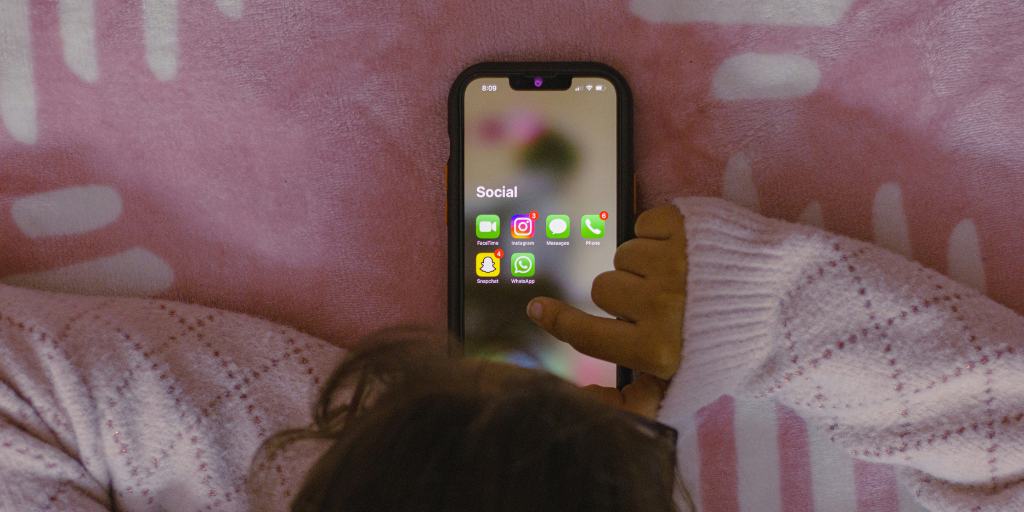
Welcome to Parent Pixels, a parenting newsletter filled with practical advice, news, and resources to support you and your kids in the digital age. This week:
📊 How tweens and teens use tech, by the numbers: Did you know that 42% of parents say could they do a better job managing their child’s screen time? That’s according to a new report by Pew Research Center. Here’s what the data showed:
We also have new numbers about where kids spend their time online and what risks they face:
One thing that didn’t change from last year: 87% of teens own an iPhone. If you want a parental monitoring app that actually works on Apple devices, you need BrightCanary.
🤖 Meta and Pinterest roll out updates to AI: Meta announced parental controls for its AI chat experiences, including the ability to turn off chats with AI characters for teens. Parents can also disable individual AI characters, review topics their teen discusses with Meta AI, and know that AI experiences are now PG-13 — which means they’ll allegedly avoid content with nudity, graphic content, or drug use. While these updates sound promising, you should stay involved with your child’s social media use, especially if they’re talking to AI companions.
Meanwhile, Pinterest rolled out a way for users to filter AI images out of their recommendations. It’s relatively common for generative AI images to end up in categories like fashion, beauty, and home decor, but this new setting maintains the human touch in what ends up on your child’s Pinterest feed. If they use Pinterest, we recommend walking them through how to find this feature in Settings > Refine Your Recommendations.
Want to learn how to protect your child from risky AI apps right now? Download our free AI Safety Toolkit for Parents. It includes step-by-step guidance for monitoring AI use and talking to your teen about AI.
🎥 AI slop takes over social media after OpenAI’s Sora launch: OpenAI’s new app, Sora, lets users create and remix short AI-generated videos … and upload their own faces so they can include them in skits. Experts warn this could make deepfakes harder to detect and open the door to harassment and misinformation (as well as copyright infringement). We’re working on a Sora guide for parents on the BrightCanary blog. What questions do you have about it?
Parent Pixels is a biweekly newsletter filled with practical advice, news, and resources to support you and your kids in the digital age. Want this newsletter delivered to your inbox a day early? Subscribe here.
It’s never been harder to tell what’s real online. Between AI videos, virtual friends, and algorithm-fed content, helping your teen think critically is key. Here are a few ways to start the conversation:
⚠️ That didn’t take long — experts warn that ChatGPT’s new parental controls are easy to bypass. A Washington Post columnist did it in minutes.
🐻 California Governor Newsom signed two key bills into law. SB 243 requires AI companion apps to prevent conversation about suicide, self-harm, and sexual contact with minors; clearly disclose when users are chatting with AI; and allow citizens to sue AI companies. AB 36 requires warning labels on social media platforms.
💡 Did you know? You can use BrightCanary to monitor your child’s Roblox chats on their iPhone and iPad. Here’s why we recommend monitoring Roblox.